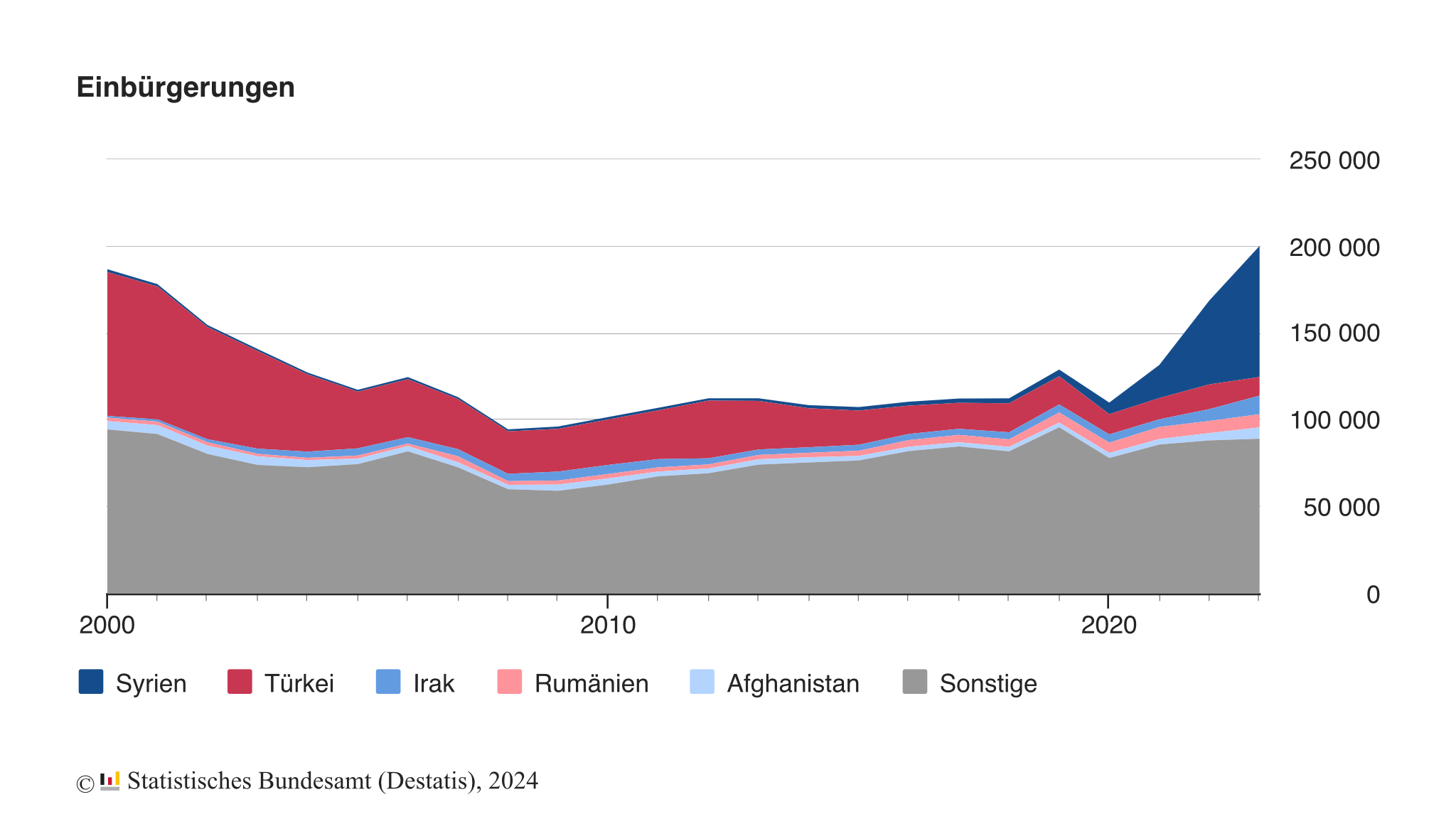
https://youtu.be/wP1CR9FzIQs?si=1TlolDvIFkxwf6vT
Introduction
Hello and welcome to your weekly German news update! This week, we’ve got several important developments that expats, international students, and residents in Germany should know about. From new limits on cash and trash rules that might affect your rent, to big changes in IDs, family names, and even politics – we’ve got you covered. Let’s dive in and see what’s been happening in Germany as of May 3, 2025.
New Cash Limit Law – Say Goodbye to Big Cash Payments
Germany is tightening the rules on large cash transactions as part of an EU-wide anti-money laundering effort. What’s new? An upper limit of €10,000 will apply to cash payments. In fact, if you try to pay more than €3,000 in cash, you’ll have to show ID and have your details recorded. And if you exceed the €10,000 cap (for example, attempting to buy a car in cash above that amount), you could face hefty fines. This change aims to curb money laundering, terrorism financing and other illicit uses of cash. Germany is known for its love of cash, but soon high-value purchases will require electronic payment or multiple transactions. So if you’ve been stashing euros under the mattress or planning to pay for something big in cash, be aware of these new limits – they’re coming into force across the EU and in Germany to make large cash flows more transparent.
Stricter Biowaste Rules – Trash Sorting Could Hit Your Wallet
Do you know what’s going into your brown Biomüll bin? Starting May 1, Germany introduced stricter rules for organic waste, and ignoring them could cost you. Under a new law, organic trash can contain at most 3% “foreign materials” (like plastic, glass, metal), and within that, no more than 1% plastic. This is meant to keep out things that don’t belong in compost and reduce microplastics in soil. If your building’s biowaste bin is found contaminated above these limits, waste collectors might refuse to empty it and instead charge for removal as regular trash – which costs a lot more. In practice, that means landlords can pass along those extra charges to tenants in the Nebenkosten (service charges). In repeated or extreme cases, some cities can even impose fines up to €2,500 for improper waste sorting. So, it’s time to be extra careful with separating banana peels from plastic packaging. The goal is cleaner compost and biogas, but for renters it also means avoiding penalties. (Quick tip: No plastic “bio” bags unless explicitly allowed – many areas don’t accept even compostable plastic in the bio bin.) Check what goes in the brown bin and keep your organics pure, because trash sorting just got real – and your next rent bill could reflect it!
Digital Photos Now Required for IDs and Passports
Have you renewed your residence permit or passport lately? Heads up: as of this week, Germany no longer accepts paper photos for passport, ID card, or even residence permit applications. All new passport or Personalausweis applicants must submit a digital passport photo. Traditional printed photos – whether from a booth or photographer – are no longer accepted as of May 1. Instead, you have two options to get your picture in: you can have your photo taken right at the Bürgeramt (they’ve installed new photo stations), or you can have a certified photographer upload your picture securely to a government server.
Why this change? It’s largely about security. Digital photos help prevent ID fraud techniques like “morphing,” where criminals blend two faces in a single photo to create an ID that matches multiple people. Such manipulated images made it hard for authorities to tell if a passport truly belonged to one person. By requiring a secure digital upload (encrypted and checked by the government), Germany aims to make IDs harder to fake. Officials say this will also simplify the application process – no more worrying if your photo meets biometric standards, since the system will handle it. (There’s even a short transition period until end of July where offices might still accept paper photos in case some places aren’t fully equipped, but generally the new rule is in effect.) Note that a small fee (about €6) may be charged for the photo service. Overall, this is a big convenience boost for applicants and a blow to identity fraud. So next time you need a new visa, passport or ID, smile for the digital camera!
Disability ID Goes Digital (Schwerbehindertenausweis Reform)
Germany is also embracing digitalization for the approximately 7.8 million people with severe disabilities. The incoming Merz government announced plans to introduce a digital Schwerbehindertenausweis (disability ID card) that can be stored on a smartphone. Currently, disabled persons carry a green paper ID card; soon they’ll have the option of a secure digital version. According to the new coalition’s agreement, “everyone should be able to carry the disability ID and pension ID digitally and securely” on their devices. This reform is part of a broader inclusion initiative aimed at reducing bureaucracy and making it easier for people with disabilities to access services and prove their status.
Experts welcome the move as “a sensible, modern step,” but also caution that it must be implemented carefully. A major disability advocacy group pointed out that many disabled individuals are older or have cognitive impairments – in other words, the very people using this ID must not be left behind by a digital solution. They urge the government to ensure the digital IDs are fully accessible and user-friendly. For example, not everyone in this community uses a smartphone confidently, so alternatives or support may be needed. Nonetheless, the plan marks a positive step toward inclusion and convenience. In the near future, flashing a disability ID might be as easy as opening an app – just make sure the technology is accessible to all. The Merz-led coalition has framed this as part of building an inclusive society (in line with the UN disability rights convention) while also pushing digital government services.
Court Ruling: Housing Costs for Bürgergeld Recipients Covered
An important court decision this week brought relief to people receiving Bürgergeld (Germany’s basic income support, formerly Hartz IV). The Federal Social Court (Bundessozialgericht) in Kassel ruled that job centers must cover “double rent” in cases where a beneficiary has to pay overlap rent for two apartments during a move, as long as that overlap is unavoidable and reasonable. In the case in question, a single mother on Bürgergeld moved to a new flat and briefly had to pay rent on both her old and new apartments. The job center had refused to cover the second rent without prior approval. She sued, and the court decided in her favor, stating that actual incurred housing costs must be covered by the job center even if two rents are paid at once, so long as the situation was unavoidable.
This is being called a “richtungsweisendes Urteil” (landmark ruling) because it sets a precedent: Bürgergeld recipients who need to relocate can now cite this judgment to get overlap rent paid. The court specified the double rent must be unvermeidbar und konkret angemessen – essentially, you couldn’t reasonably avoid it and the cost is appropriate. For beneficiaries, this ruling provides more security. If the housing office or job center demands you move (say, to a cheaper place or because your current lease ended), you shouldn’t end up in debt or homeless due to a timing gap. The job center will have to foot the bill for the transition period’s extra rent. This decision strengthens the social safety net by ensuring people on Bürgergeld aren’t penalized for the quirks of the housing market (like notice periods and move-in dates). It’s a bit of good news for anyone relying on state support for housing – the court affirmed their right to a roof over their head, even during a move.
New Government, New Asylum Policy – A Tougher Approach
Germany’s new coalition government under likely Chancellor Friedrich Merz (CDU) is signaling a major shift in asylum and migration policy. In their coalition agreement unveiled mid-April, the CDU/CSU and SPD have agreed to a considerably stricter approach on migration. Merz stated, “We will better organize and control immigration and largely end irregular migration.”
What does this mean in practice? Several measures were announced:
- Border turn-backs: In the future, asylum seekers who first arrived in another EU country and then come to Germany may be turned away at the German border.
- No “turbo naturalization”: The previous government’s plan to allow well-integrated immigrants to naturalize after 3 years is being scrapped. The earliest one can become German will revert to 5 years (or longer in most cases).
- Tougher asylum procedures: Faster asylum decisions and more deportations for those deemed to have no right to stay.
- “Safe country” expansion: More countries added to the list of safe origin nations (like Morocco, Algeria, Tunisia, India), allowing quicker rejections.
- Deportation drive: Resuming deportations to Syria and Afghanistan for certain individuals, expanding detention, and increasing return incentives.
- Family reunification freeze: A two-year suspension of reunification rights for those with subsidiary protection.
- Reduced benefits: Ukrainian refugees arriving after April 1, 2025 will receive limited support under the Asylum Seekers Act instead of full benefits.
This represents a significant hardening of Germany’s migration stance. The coming months will reveal how these policies are implemented and how they impact public sentiment and migration patterns.
Verfassungsschutz Labels AfD as “Extremist”
In domestic politics, a historic development: Germany’s domestic intelligence agency, the Verfassungsschutz, has officially classified the Alternative für Deutschland (AfD) party as a “confirmed right-wing extremist” organization. This is the first time the entire AfD – which is the main far-right party in parliament – has been flagged as extremist, rather than just subsets like the “Flügel” or youth wing.
The Federal Office for the Protection of the Constitution (BfV) cited the AfD’s “disregard for human dignity” and ethnically defined nationalism as incompatible with democratic values. This classification allows more surveillance and has reignited debate about the limits of political discourse. The AfD remains legal and its leaders deny the claims, but the ruling puts them under intensified scrutiny. This development could reshape the political landscape in Germany.
New Name Law and ID Card Convenience
Planning to get married in Germany? You’ll soon have more freedom in choosing your family name. As of May 1, the law has changed to allow double-barrelled surnames for married couples. In the past, German law forced couples to pick either one partner’s last name as the family name. Now both partners can adopt a hyphenated combination (e.g., Müller-Schmidt) and pass it to children. Even existing families and adult children can opt to change to a Doppelname retroactively.
Also new: optional passport and ID delivery by mail. Instead of returning to the Bürgeramt to collect your ID weeks later, you can now pay around €15 to receive it securely at home. This small change aims to reduce bureaucratic hassle and save people time, especially those with work or family commitments. Combined with the digital photo reform, this marks a step forward in modernizing Germany’s ID system.
Conclusion
That’s all for this week’s roundup of German news highlights. From wallet matters (literally, with cash and fines) to digital strides in services and serious political shifts, it’s been an eventful week in Germany. We hope this update helps you stay informed and feel more connected to what’s happening here. If you found this summary useful, please like the video and share it with others who might benefit. And don’t forget to subscribe for your weekly dose of German news made easy. Thanks for reading, and bis zum nächsten Mal – see you next time! 🇩🇪👍


